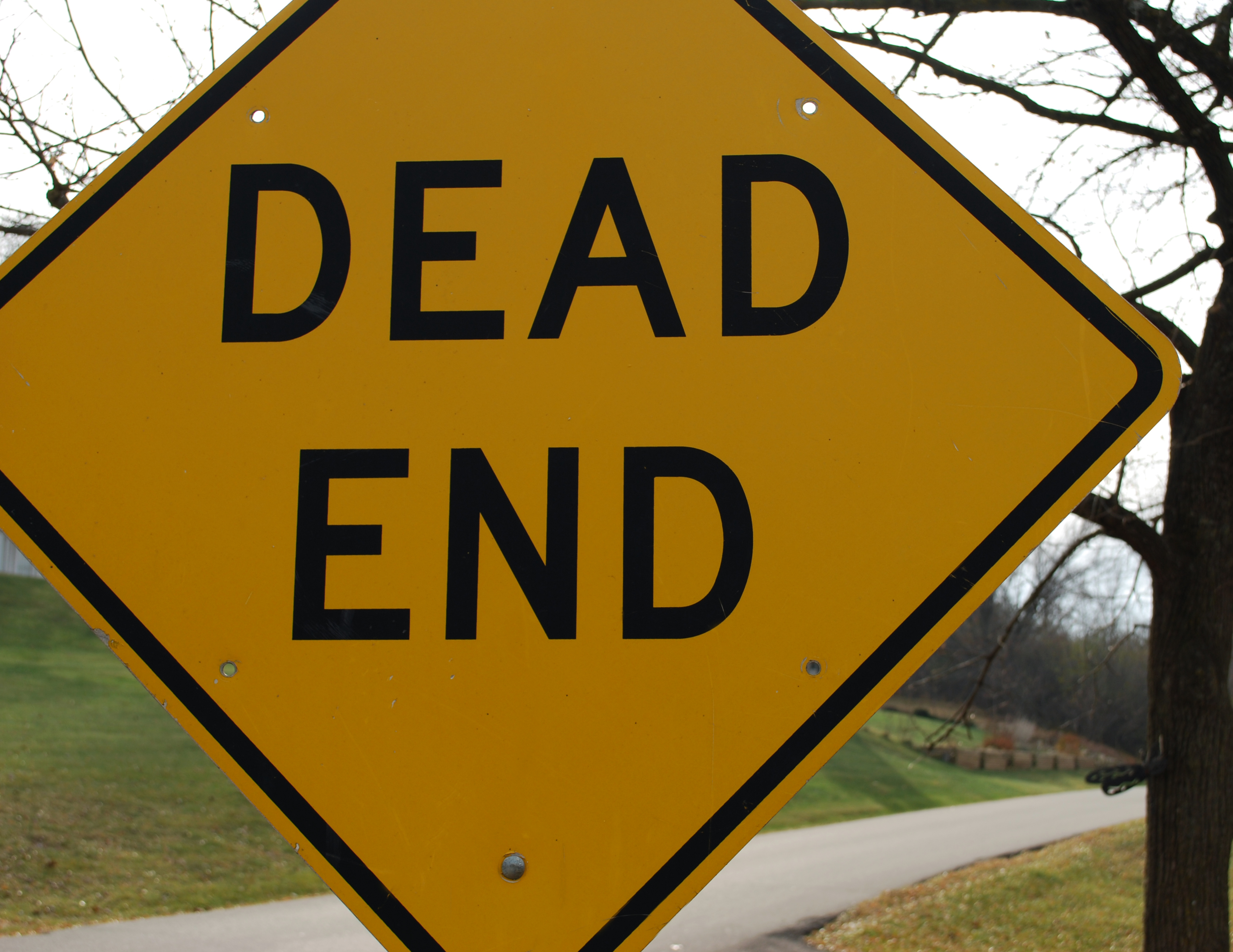
30 Jan Term versus permanent life insurance
Photo: ladyheart/morguefile.comQ. My wife and I are 36 and we have two kids. We each have $250,000 of term insurance, and I know that’s not enough. How can I figure out how much more we need? And should we consider a permanent policy instead of term?
A. If someone depends on your financially, you need life insurance.
How much is enough? That depends, but you can be sure that when someone dies, when you take the emotions out of it, no one will ever complain that you had too much.
Whether you choose term or permanent, or a combination, depends on your situation and your budget.
“Term life is the cheapest way to buy insurance, but it does expire,” Vince Pallitto, a certified financial planner and certified public accountant with Summit Asset Management in Florham Park. “On the other hand, permanent or whole life insurance is more costly, but will not expire if paid in full.”
Exactly how much you need varies greatly on your goals and objectives for the insurance dollars, Pallitto said.
For example, many younger couples try to buy enough insurance to pay off their mortgage, fund their children’s education and provide some income for the surviving spouse, he said.
Once you determine the desired amount, you need to work with your budget to see what you can afford.
He said permanent life insurance is not a good investment to cover college or a mortgage, he said, but it can be an asset to your overall financial plan.
“If you can afford permanent insurance, that is the best long-term financial planning option, Pallitto said. “Sometimes use you permanent and term to reach the desired amount to stay within your budget.”
Alan Meckler, a certified financial planner with Cornerstone Financial Group in Succasunna, said he’s a believer in buying as much life insurance coverage as you can afford.
“It’s not so much a question about how much you need but how much you want,” he said. “Typically life insurance companies will insure you for up to 15 times your income. Everyone has a an economic life value.”
At younger ages, term insurance is very inexpensive, Meckler said.
The majority of the policies are level term periods, either 10, 15, 20 or 30 years.
“At the end of the level term period, the premiums increase significantly, and unless you are healthy and can purchase a new policy, you usually let the policy terminate,” he said.
That can work well if your mortgage would be paid off and your kids are out of college by the time the policy expires, or the term runs out.
But there can be disadvantages to term, too.
Most people believe that term insurance is the least expensive way to buy insurance, but that is not usually the case, Meckler said. If you do not die during the period you are covered, then all the premiums are gone, there is no cash value to a term policy. A very small percentage of term insurance is ever paid out as a death claim, he said.
By contrast, a permanent life insurance policy builds cash value and will be there to eventually pay a death benefit.
“Initially the premiums for a permanent plan are several times higher than term, but eventually, the death benefit will go to your beneficiary and the benefit is tax-free,” he said. “You can also use the policy as collateral for a loan and the cash value eventually to help supplement retirement if handled properly.”
Accessing cash values may result in surrender fees and charges, the policy may require additional premium payments to maintain coverage, and will reduce the death benefit and policy values, he said.
Sounds like you need to do a little more analysis of your situation. You can find some great life insurance needs calculators online. Just Google it!
Email your questions to Ask@NJMoneyHelp.com.
This story was first posted in January 2015.
NJMoneyHelp.com presents certain general financial planning principles and advice, but should never be viewed as a substitute for obtaining advice from a personal professional advisor who understands your unique individual circumstances.
